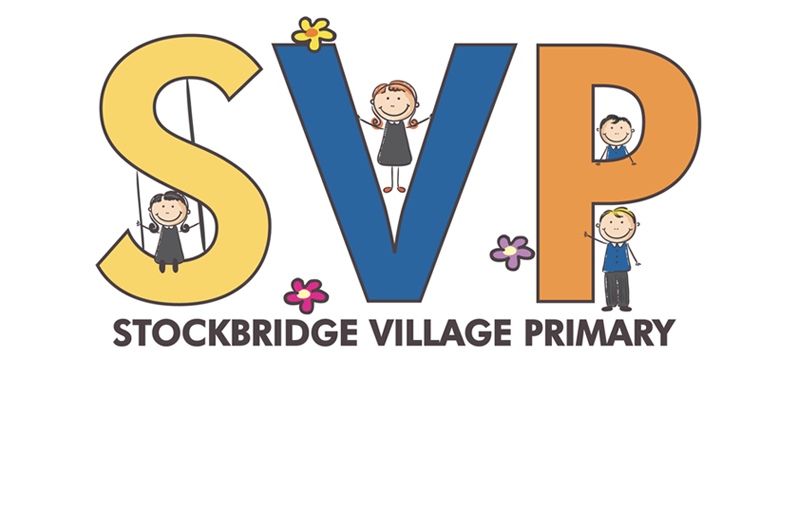Nursery
Welcome to Nursery (Class Name: Jill Murphy)
Nursery – Miss Lloyd and Mrs Ambrose




The goal of early childhood education should be to activate the child’s own natural desire to learn.
Maria Montessori
At SVP we love to learn through play, our priority is to provide real hands on learning experiences, creating resilient learners with a passion for achieving their personal best.
Some important things to remember when your child starts Nursery –
- we spend lots of our time playing in our garden exploring the natural environment, so please make sure your child has appropriate clothing.
- please put your child’s name in all their clothes (including coats etc).
- play can sometimes be messy so we kindly ask you to bring a bag with spare clothes to keep on thier pegs.
We hope you know this already, but you are the first teacher in your child’s life. They are constantly observing and copying what they see, we are all their role models – we need to set the best example possible.
You truly are a crucial part to the success of their learning.
Here are some of the ways in which you can help your child at home to
support their learning and development –
- Ditch the dummy and bottle (the sooner the better)
- Encourage them to be independent in getting dressed
- Read lots of stories and sing nursery rhymes everyday
- Practice counting in real life scenarios (going up the stairs, getting plates out etc)
- Spend quality time engaging in conversations with your child
- Listen to them and give them time to talk (your time is very important to them)
- Establish a good bedtime routine, if they sleep well they will learn well.
EYFS Curriculum and Vision
Our curriculum offers a balanced blend of adult-led and child-initiated learning experiences, fostering interest and curiosity across all seven areas of learning. It is highly responsive to the needs of every child. By combining teacher input with continuous provision opportunities, our curriculum encourages children to develop their learning independently through exploration and challenge. It is designed to be progressive, ensuring that children’s knowledge and skills in all areas of learning are continuously built upon throughout the EYFS, effectively preparing them for Reception and year One.
The Characteristics of Effective Learning are part of the Early Years Foundation Stage (EYFS) framework, which focuses on how children learn rather than what they learn. These characteristics help educators understand and support children’s learning processes. There are three main characteristics:
- Playing and Exploring (Engagement)
- Finding out and exploring: Children use their senses to explore the world around them, showing curiosity and interest.
- Playing with what they know: Children engage in activities and play based on their own experiences, using objects and ideas they are familiar with.
- Being willing to ‘have a go’: Children show a willingness to take risks and try new things, even if they are unsure or might make mistakes.
- Active Learning (Motivation)
- Being involved and concentrating: Children focus on activities for extended periods, showing persistence even when they encounter difficulties.
- Keeping on trying: Children demonstrate resilience and determination, continuing to pursue their goals despite challenges.
- Enjoying achieving what they set out to do: Children gain satisfaction from meeting their goals and show pride in their accomplishments.
- Creating and Thinking Critically (Thinking)
- Having their own ideas: Children think of original ways to approach tasks and solve problems.
- Making links: Children connect ideas and experiences to form new concepts and understanding.
- Choosing ways to do things: Children plan, make decisions, and evaluate their actions and outcomes, adjusting their strategies as needed.
